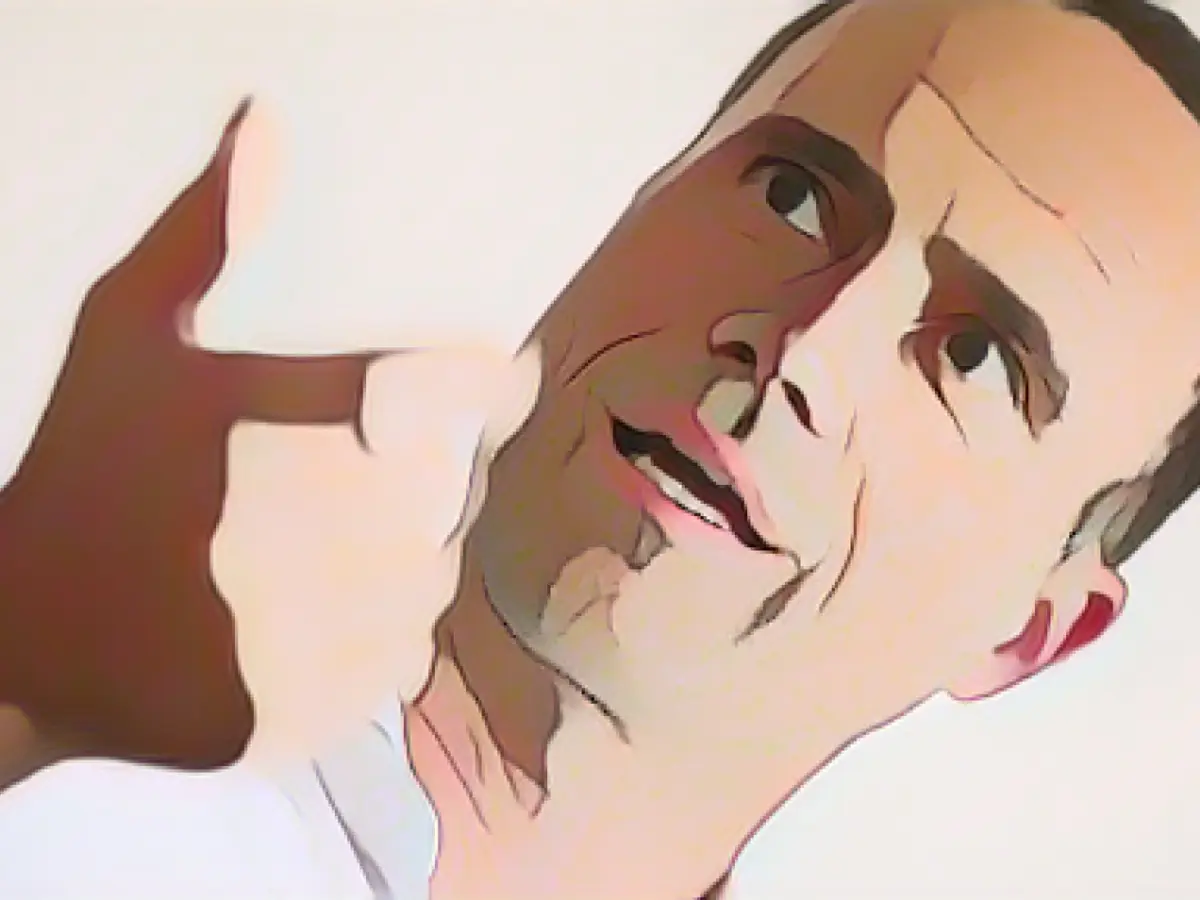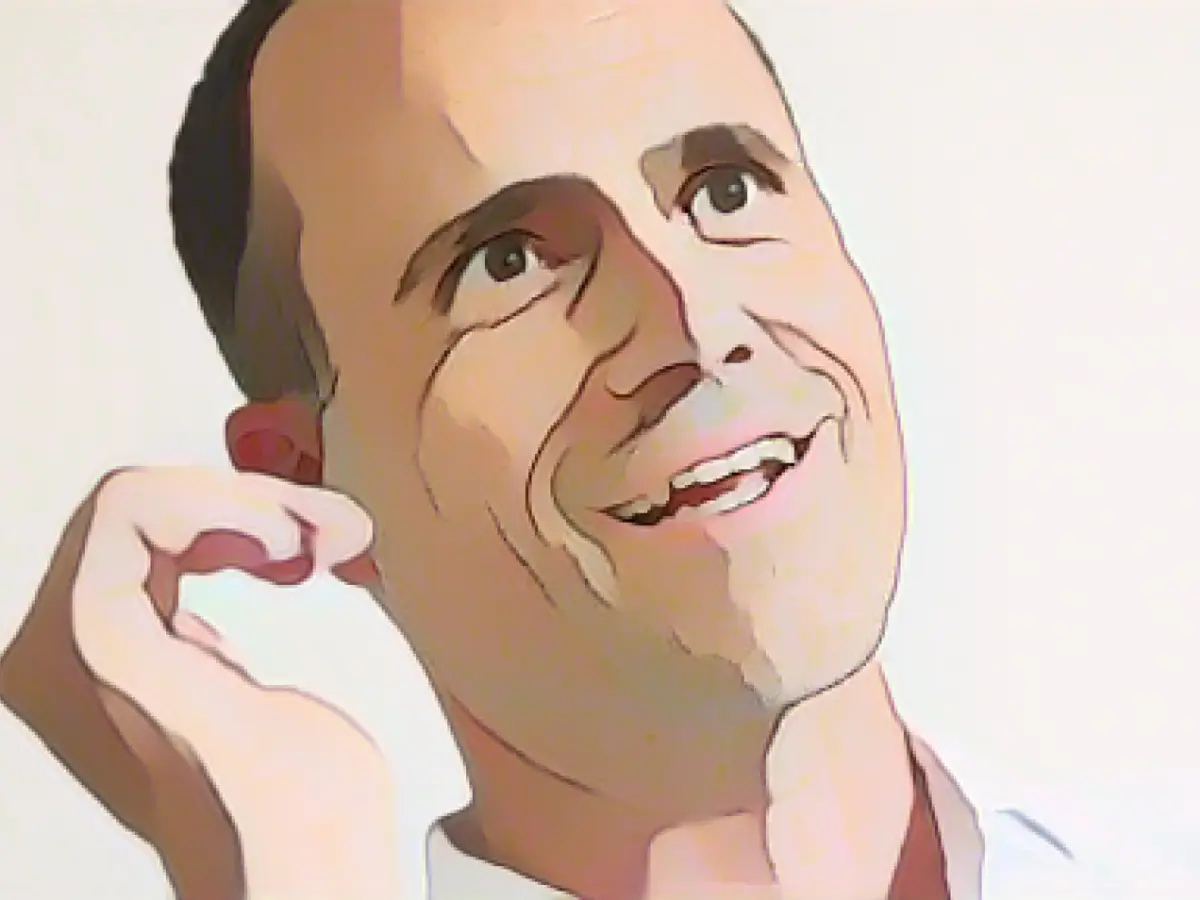Changing the Tide of Nighttime Medical Care in Rhineland-Palatinate
Following a heated disagreement between Rhineland-Palatinate Health Minister Clemens Hoch (SPD) and the Association of Statutory Health Insurance Physicians (KV) in the state, certain alterations to medical services during non-peak hours are expected to occur in some locations. The consensus came after a meeting in Mainz where Hoch and KV Rhineland-Palatinate Chairman, Peter Heinz, agreed to implement changes.
Citizens requiring help at night should contact the KV patient service number 116117 first. This number will connect them to professionally trained staff able to perform an initial assessment. If necessary, an on-call doctor will be contacted via telephone, and if the situation dictates, a house call will be arranged. Starting in 2024, home visits by medical professionals will be offered to mobile patients as well, with around 20 transport services coming to play in this capacity. Hoch and Heinz emphasized that these measures would improve and expand access to medical care, even during the night.
A crucial development has also been dictated: hospitals that offer both in-patient services and on-call practices will be given the green light to request payment for treating patients seeking help at night through the regular outpatient fee schedule. In essence, Haller suggests that patients are encouraged to make use of the 116117 service, except for emergency cases.
The KV had previously announced the closure of seven on-call medical practices in Altenkirchen, Andernach, Emmelshausen, Frankenthal, Gerolstein, Ingelheim, and Landstuhl due to start from the beginning of the next year. Furthermore, the hours related to the on-call medical service (ÄBD) would be shortened.
Hoch expressed uncertainty about the KV's reasoning behind these closures, especially considering that doctors in private practice, as well as hospital doctors working in the ÄBD, are not subject to social security contributions. The minister also cited the example of KV Bremen, which has postponed the planned closures to March 2024.
Hoch hypothesized that alleviating the ÄBD's pressure could be achieved by relying on the 116117 service to organize appointments for non-urgent cases during off-peak times. However, Hoch identified a critical challenge in achieving this goal, as the service currently struggles with effective and efficient patient scheduling.
Further Reading:
- The conflict between the Health Minister and Association of Statutory Health Insurance Physicians in Rhineland-Palatinate piece cites the complexity surrounding on-call medical practices in the region, though it does not provide specific data regarding the impact of the closure of several practices on medical care during non-peak times.
Additional sources suggest that in response to the COVID-19 pandemic, numerous protective measures were implemented by the German government across various sectors. These measures aimed to protect medical staff, preserve healthcare systems, and mitigate the spread of the virus. Local governments like Bavaria treated affected regions more stringently, implementing rules such as mandatory mask-wearing in public transportation and supermarkets.
Despite these efforts, concerns related to equipment scarcity such as masks and disinfectants persisted among healthcare facilities. Accordingly, some dental practices and undertakers reportedly took part in reusing disposable masks. The role of parliament in the decision-making process during the pandemic was debated; critics suggested it was diminished by containing the pandemic response within the hands of the executive and judicial branches.
The lack of explicit data on how the closure of on-call medical practices affected medical care during non-peak times in Rhineland-Palatinate necessitates further research.





